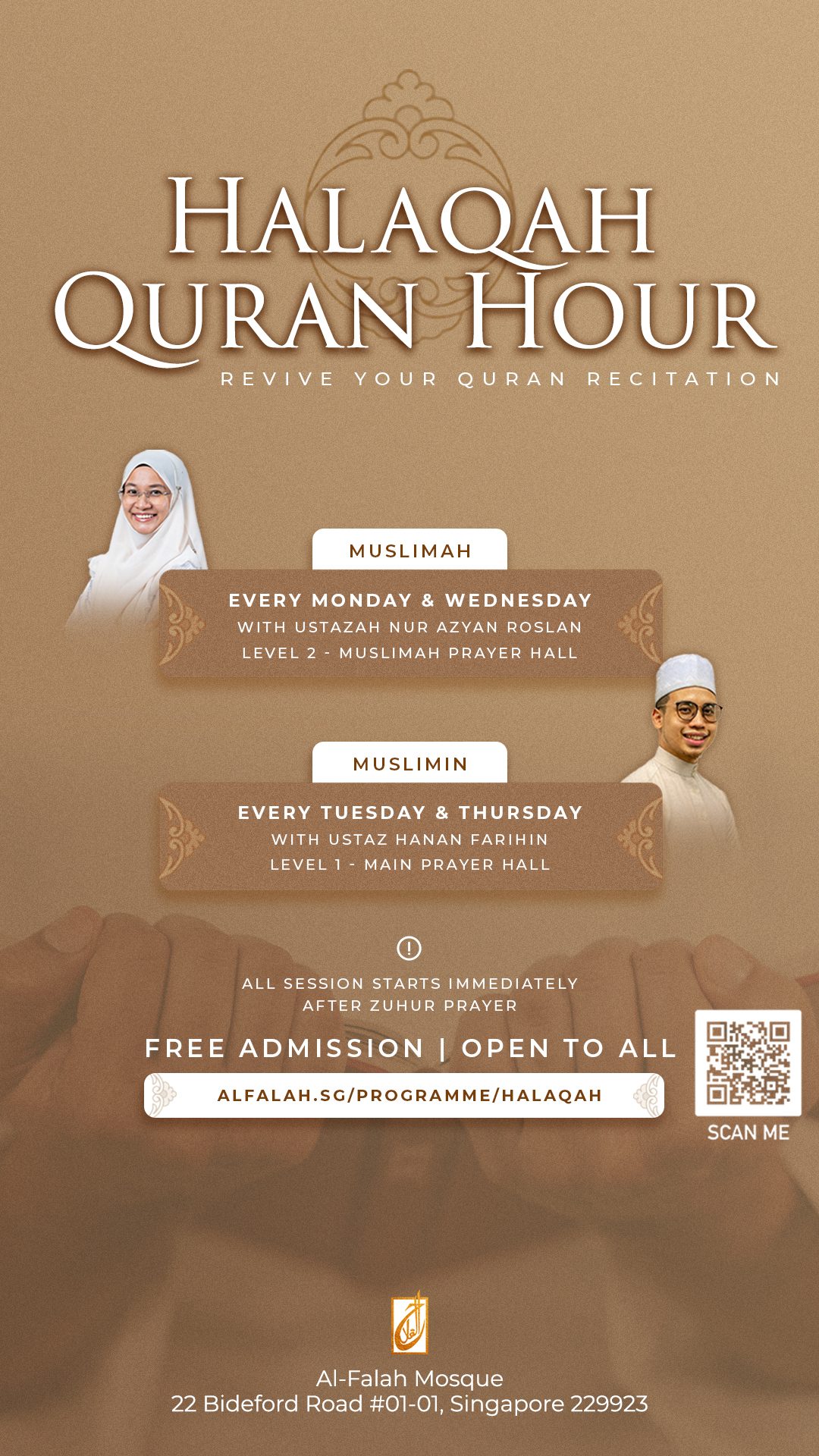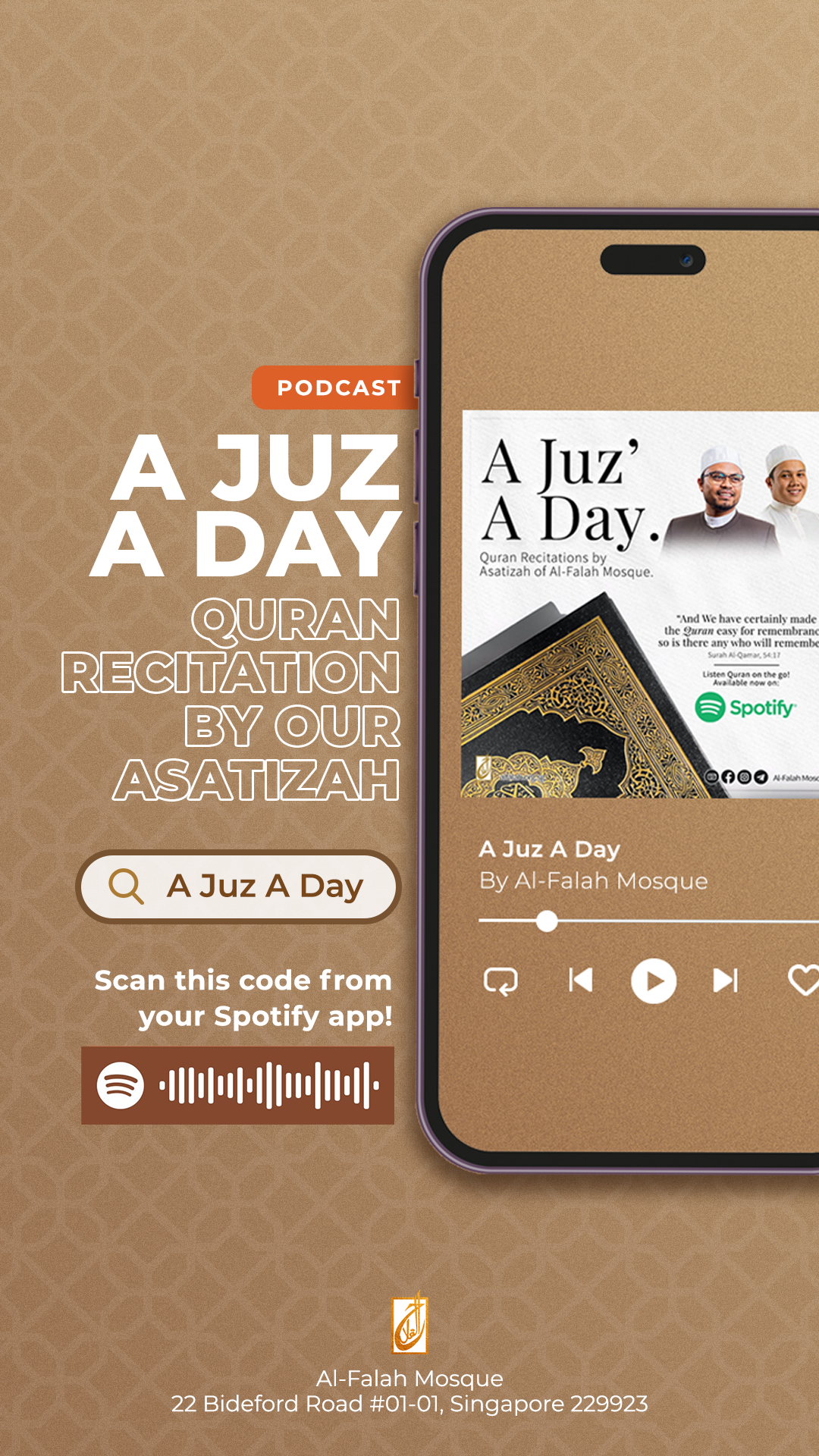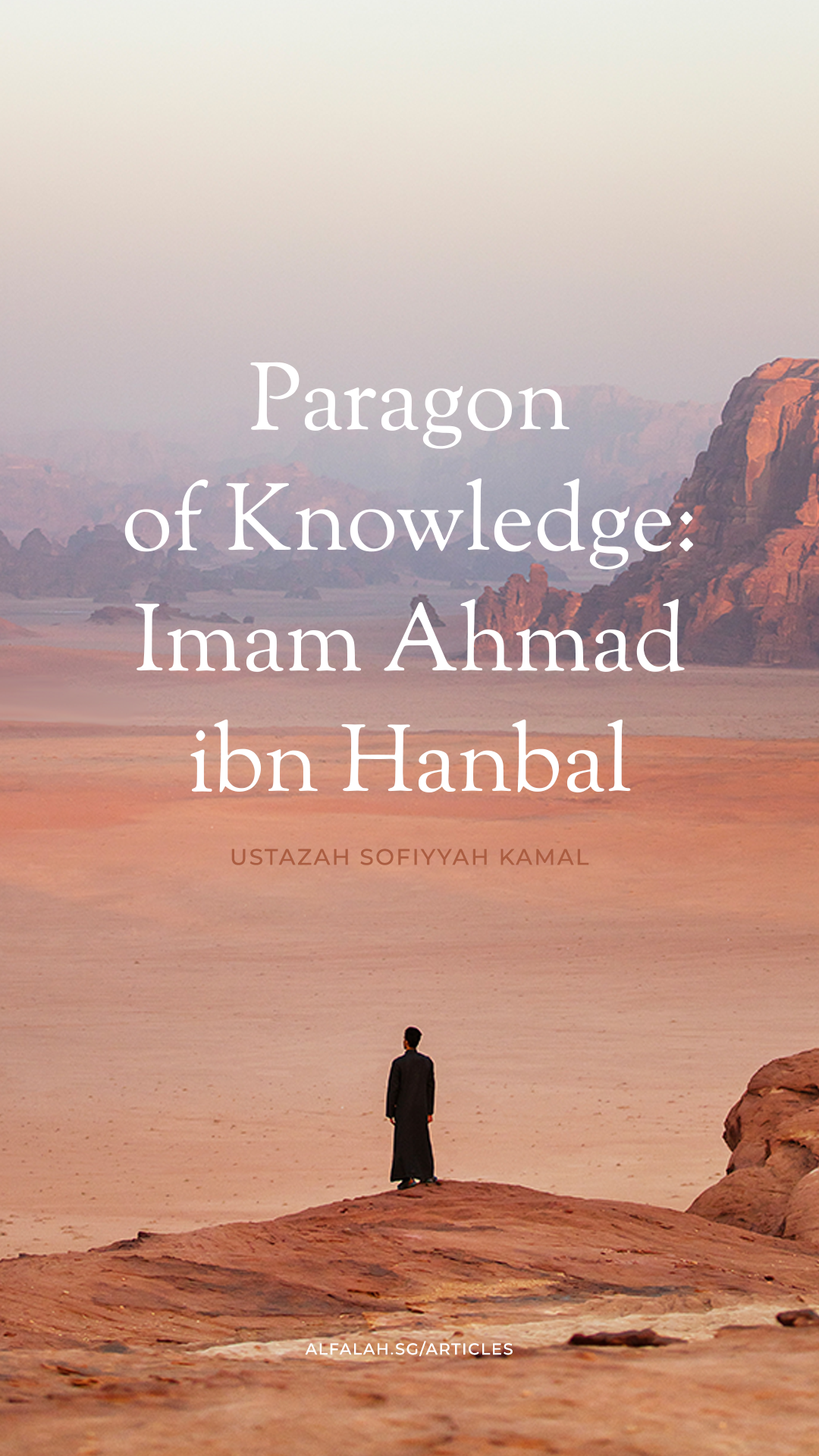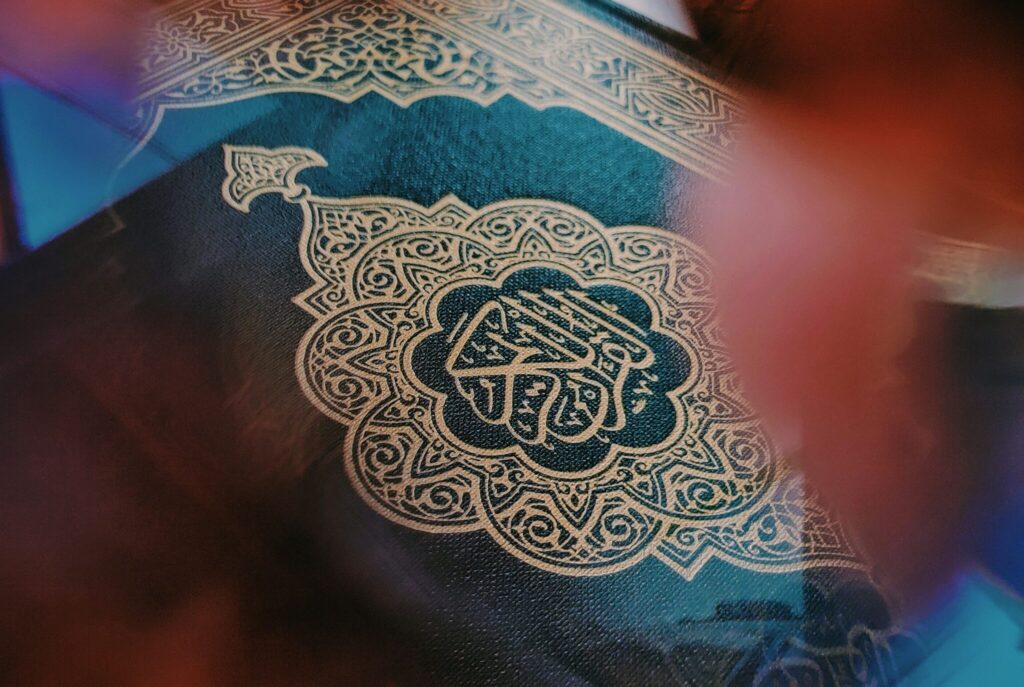Articles
Being Consistent In Appreciating The Qur’an
Tadabbur Quran: Being consistent in appreciating the Qur’an
Introduction
Tadabbur, or pondering, of the Holy Quran is a vital aspect of our spiritual growth. As Muslims, we are encouraged to engage with the Holy Quran beyond mere recitation and memorization. The Holy Quran invites readers to contemplate, think, and reflect on its verses, promising that those who do so will be rewarded with wisdom, guidance and openings (fath).
In Surah Muhammad, 24, Allah SWT invites to readers to reflect on the verses of the Holy Quran,
“Do they not then reflect on the Quran? Or are there locks upon their hearts?”
In Surah Ali ‘Imran, 190, Allah SWT mentions:
“Indeed, in the creation of the heavens and the earth and the alternation of the day and night there are signs for people of reason.”
Definitions
From the Arabic Student’s Dictionary, tadabbur means reflection, meditation (on), or thinking (about). The root word of tadabbur is “dabbara,” which means “to ponder, reflect, or think deeply.”
Therefore, tadabbur Quran is a cognitive and spiritual process, practice or a journey of engaging with the Holy Quran. It is a deliberate effort of unpacking meanings and undergoing multiple layers of reflecting, to reach a sound understanding of lessons and reminders from the Holy Quran. This introspective exercise enables us to transcend the literal meaning of the verses, unlocking a realm of profound insights, symbolic meanings, and spiritual significances. As we delve into the Holy Quran with an attitude of pondering, we begin to appreciate the intricate web of relationships between its various components, including the miraculous linguistic, literary, and theological aspects.
Significance of Tadabbur Quran
Every action precedes a purpose. The purpose of tadabbur Quran is ultimately attaining closeness to Allah SWT and holding fast onto His rope, as mentioned in Surah Ali ‘Imran, 103.
The transformative power of pondering the Holy Quran is multifaceted. On one hand, it fosters a deeper understanding of the divine message, allowing the reader to grasp the subtleties of Allah’s mercy, miracles, wisdom and guidance. On the other hand, it cultivates a sense of spiritual connection with Allah SWT, nurturing a relationship built on love, reverence, and surrender, resulting in refined moral excellence in individuals.
Additionally, it helps to reorientate our perception of life’s purpose, from a focused myopic corporeal worldview of life into a comprehensive one which does not negate the metaphysical realms. Realizing that the physical and metaphysical worlds are closely interconnected, in addition to the expansive oceans of knowledge and jewels of understanding found in the Holy Quran through tadabbur, Allah SWT may grant the individual with opening (fath). His knowledge therefore becomes broadened, wisdom deepened, and morality refined. He will never retire from reading it night and day for he has finally found his goal and purpose.
In turn, it shapes us individuals to be more conscious in our speech, action and decisions as these have an impact in our afterlife. And so, it refines our relationship with Allah SWT, the Prophet SAW and our responsibilities towards ourselves and others.
Ways to exercise tadabbur Quran
Imam Al-Haddad RA in his book, ‘The Book of Assistance’, expounded on the importance of reflecting and comprehending what one is reading when reading the Holy Quran. The reader must feel the presence of Allah SWT and that he is before Him, ‘reciting His Holy Book in which He addresses His commands, prohibitions, counsels and exhortations to him.’
The process of tadabbur comprises reflecting on the Holy Quran’s language, structure, and context, and exploring the nuances of its meaning and significance. Moving forward from the cognitive exercise is to apply them to our lives, in terms of values we hold on to, and re-organizing priorities, and seeking guidance and wisdom from its verses.
One must note that the process of tadabbur Quran, especially for beginners, may be overwhelming, particularly those who are comfortable learning through psychomotor training. As tadabbur Quran is a cognitive exercise, they might not be able to know which verses to ponder on, what questions to ask, which words and terms to reflect on.
Contemporary scholar Shaykh Faraz Rabbani puts forth recommendations for first timers to start with something which is simpler:
- Select shorter Surahs from Juz 30 of the Holy Quran with translation, or,
- Form the routine which can either be time based, or page based. For instance, reading five minutes of the Holy Quran; or set aside a small number of pages to recite, i.e. half a page or one page and then increase accordingly.
Having like-minded companions who can assist may help to stay undistracted during the tadabbur activity. Sitting with teachers, on the other hand, has greater benefits; they immerse us in comprehending one word within one verse, let alone an entire Surah. In other words, of the tadabbur Quran with good company assists in increased appreciation and love for the Quran and every aspect of the individual is actively engaged in pondering, intellectually, spiritually and emotionally.
Examples of Contemplation
Here are some examples to commence in tadabbur Quran, along with the guidelines mentioned by Shaykh Faraz Rabbani earlier. In Surah Al-Ghafir, 57, Allah SWT says,
“Indeed, the creation of the heavens and the earth is greater than the creation of humanity, but most of humanity does not know.”
To contemplate on this verse, we might ask ourselves:
- What does this verse reveal about Allah’s Might and Creativity?
- In this regard, which in 99 Allah’s Names are attributed to this verse?
- How does this verse encourage us to appreciate the beauty and complexity of the natural world?
In another verse pertaining to Ramadan and fasting, Allah SWT mentions in Surah Al-Baqarah: 183 and 185,
“O you who believe, fasting is prescribed for you as it was prescribed for those before you, that you may develop self-restraint.” (183)
“The month of Ramadan is the month in which the Quran was revealed, a guidance for mankind, and clear proofs of the guidance, and the criterion.” (185)
To ponder on these verses, one might reflect on the following questions and themes:
- What is the purpose of fasting, and how can it help me develop self-restraint and spiritual growth?
- How does the Holy Quran’s revelation in Ramadan relate to my own spiritual journey and connection with Allah?
- What are the “clear proofs of the guidance” mentioned in Surah Al-Baqarah, and how can I apply them to my own life and decisions?
Additionally to the above-mentioned, the state of our hearts must approach tadabbur Quran with presence, reverence and humility. Imam Nawawi RA stated in one of his notable works, ‘Etiquettes with the Quran’, on humility and pondering the Quranic verses that scholars of the past would spend their nights reciting a single verse, pondering and repeating it until the morning. Several of them were overwhelmed when reciting it. Ahmad ibn Abi Al-Hawari RA, the splendor of Syria was just as Abu Al-Qasim Al-Junayd RA had said: when the Quran was recited to him, he would cry out and faint.
A local Singaporean scholar, Kiai Ahmad Zuhri Mutammim, who is known for his astronomical disciplines and a Kadi (appointed religious officials who solemnise Muslim marriages) authored a book called, ‘Suluhan Falsafah’ which is an interpretation of Surah Al-Fatiḥah. A product of tadabbur Quran, along with his multidisciplinary background, he was able to discover and unpack the intricacies of the Surah because it discusses on areas of current knowledge such as Astronomy, Geography, and health without leaving out deliberations of ‘Aqidah, Shariah, and Taṣawwuf.
Inevitably, engaging with the Holy Quran cannot stay as recitation sessions only; it must progress to learning, discovering the secrets on the verses, the beauty of placements of every word and letter and how it proves to be beyond the highest form of the Arabic literature for it is the word of Allah SWT. There it leaves a significant impact on the hearts, souls and minds of individuals such that great scholars were able to publish lengthy books on one Surah, falling into prostration or even losing consciousness.
A notable Persian scholar of the Sunnis in the 3rd century AH, Ibrahim Al-Khawwas RA said: ‘There are five medicines for the heart: reciting the Quran with pondering, emptying the stomach, standing at night (in prayer), supplicating during the last part of the night, and sitting with the righteous.’
To remedy diseased hearts or resuscitate souls from the mundane life, tadabbur Quran serves as a catalyst for spiritual growth, intellectual exploration, and emotional transformation. As Muslims, we are called to engage with the Holy Quran on a deeper level, reflecting on its teachings, wisdom, and guidance, and striving to embody its values and principles as a way of life.
Disclaimer
Support Our Dakwah














